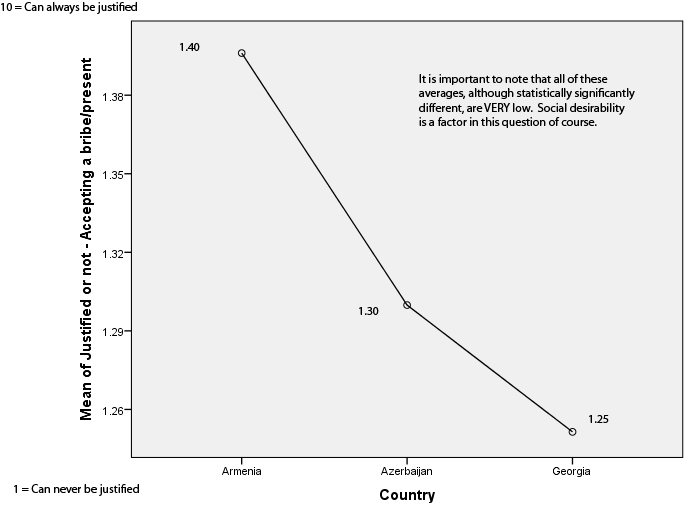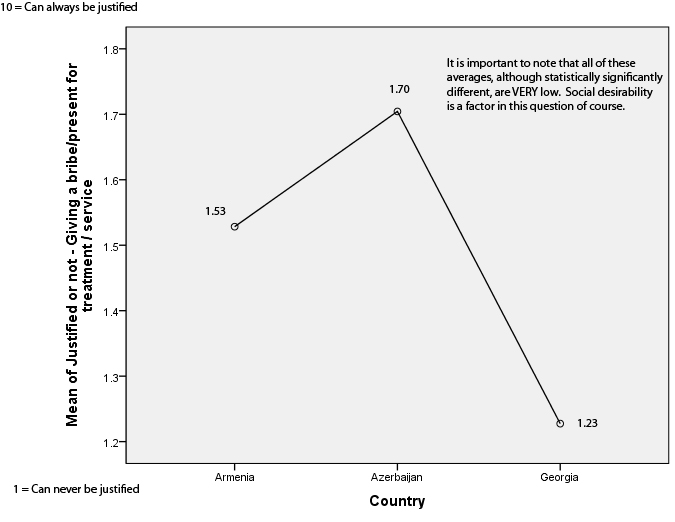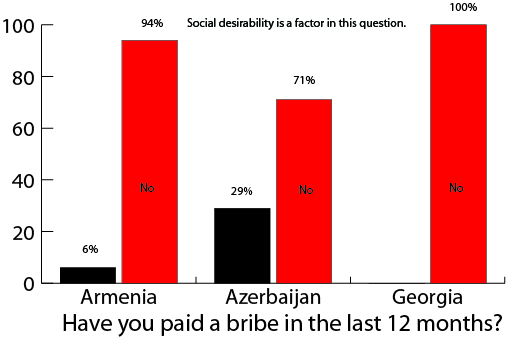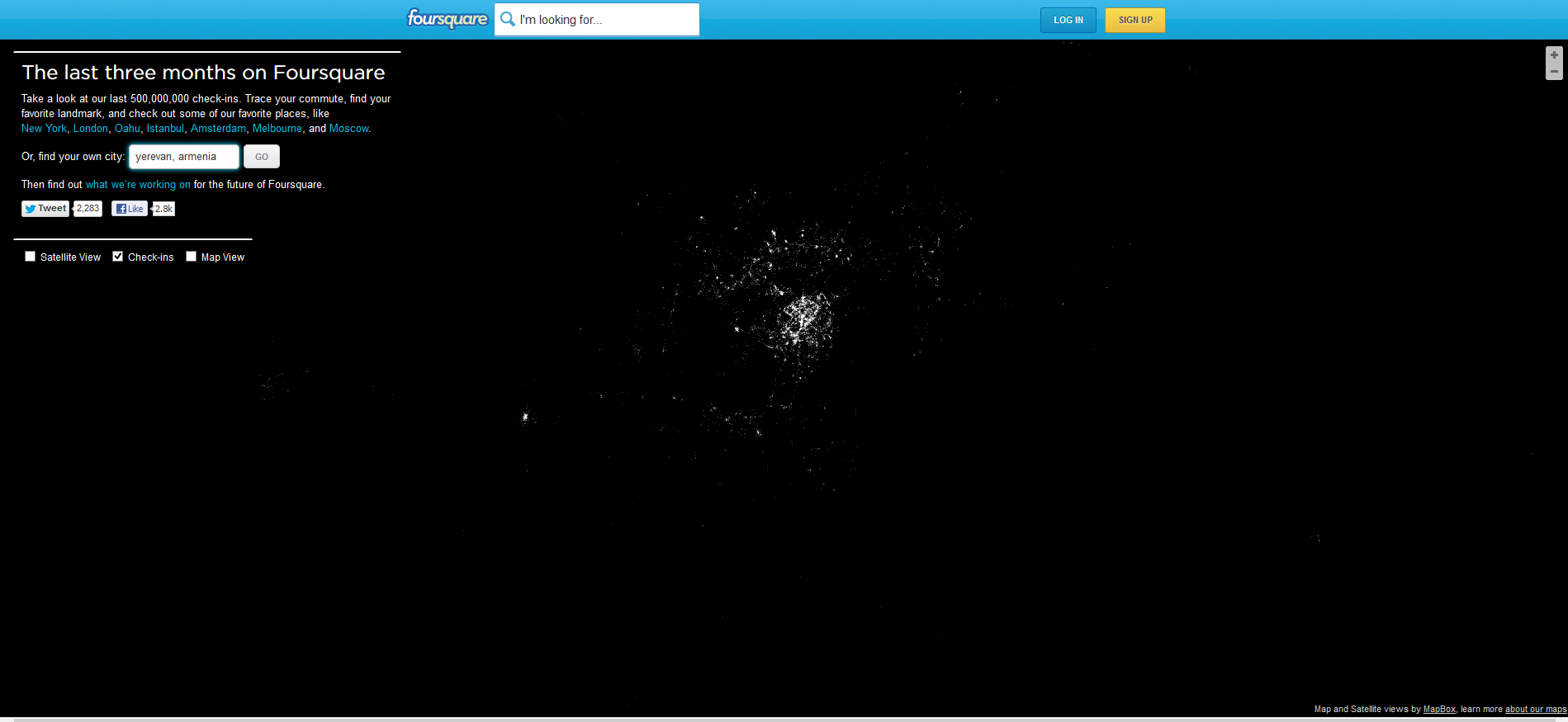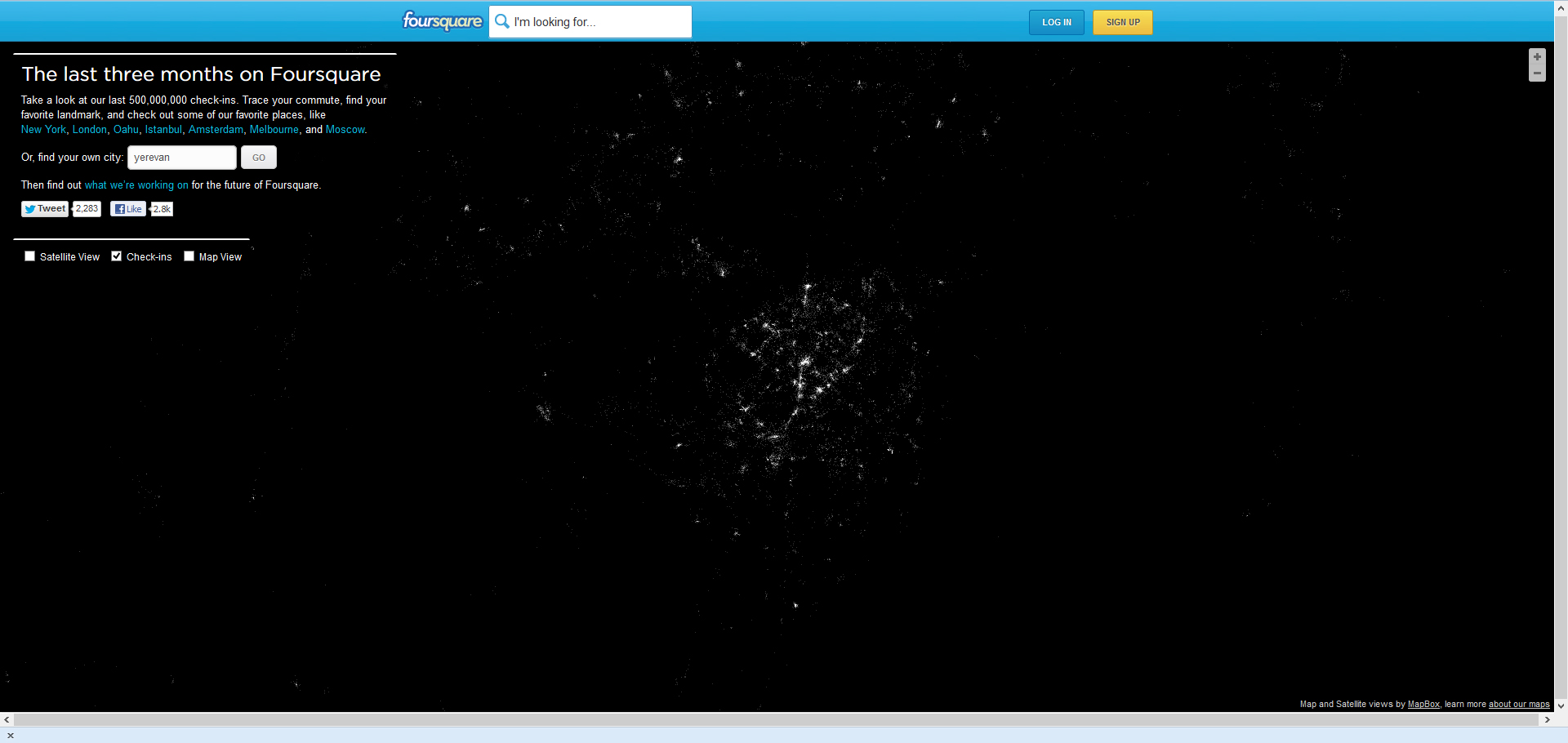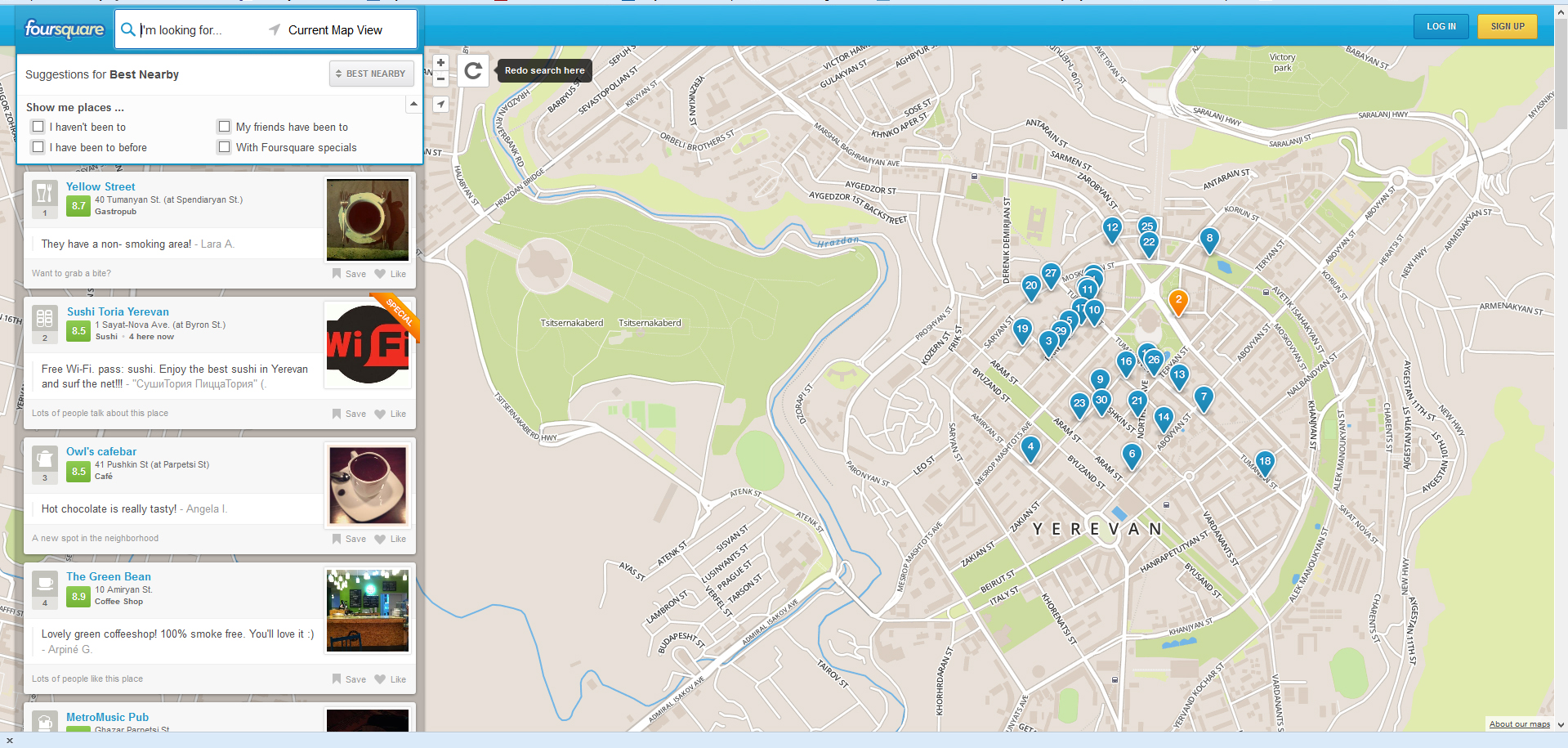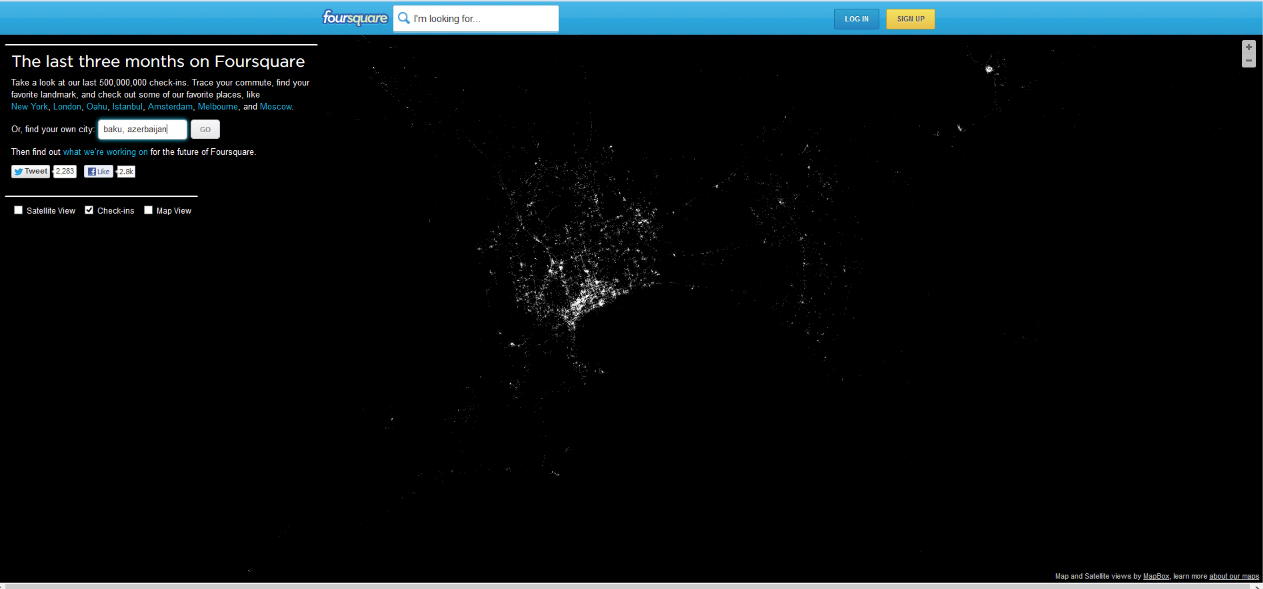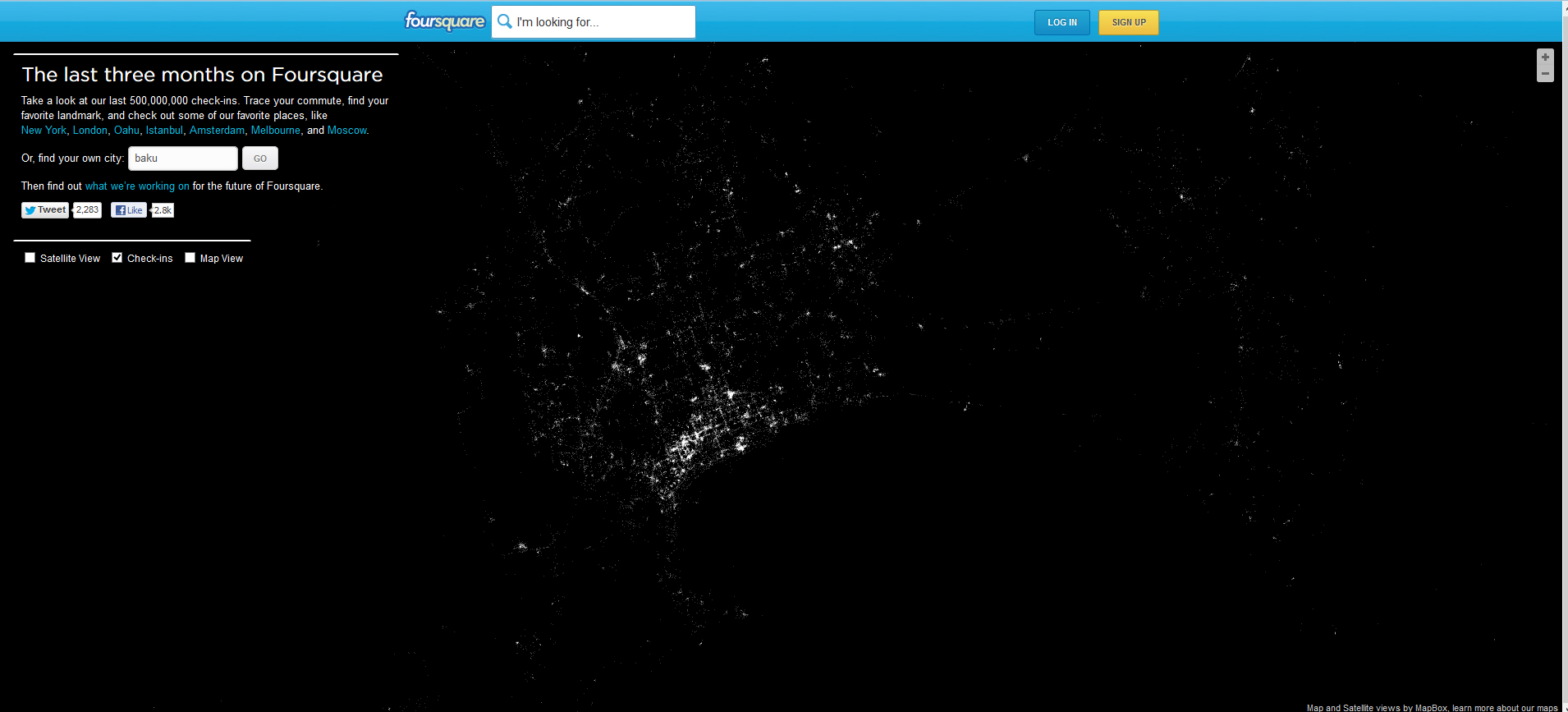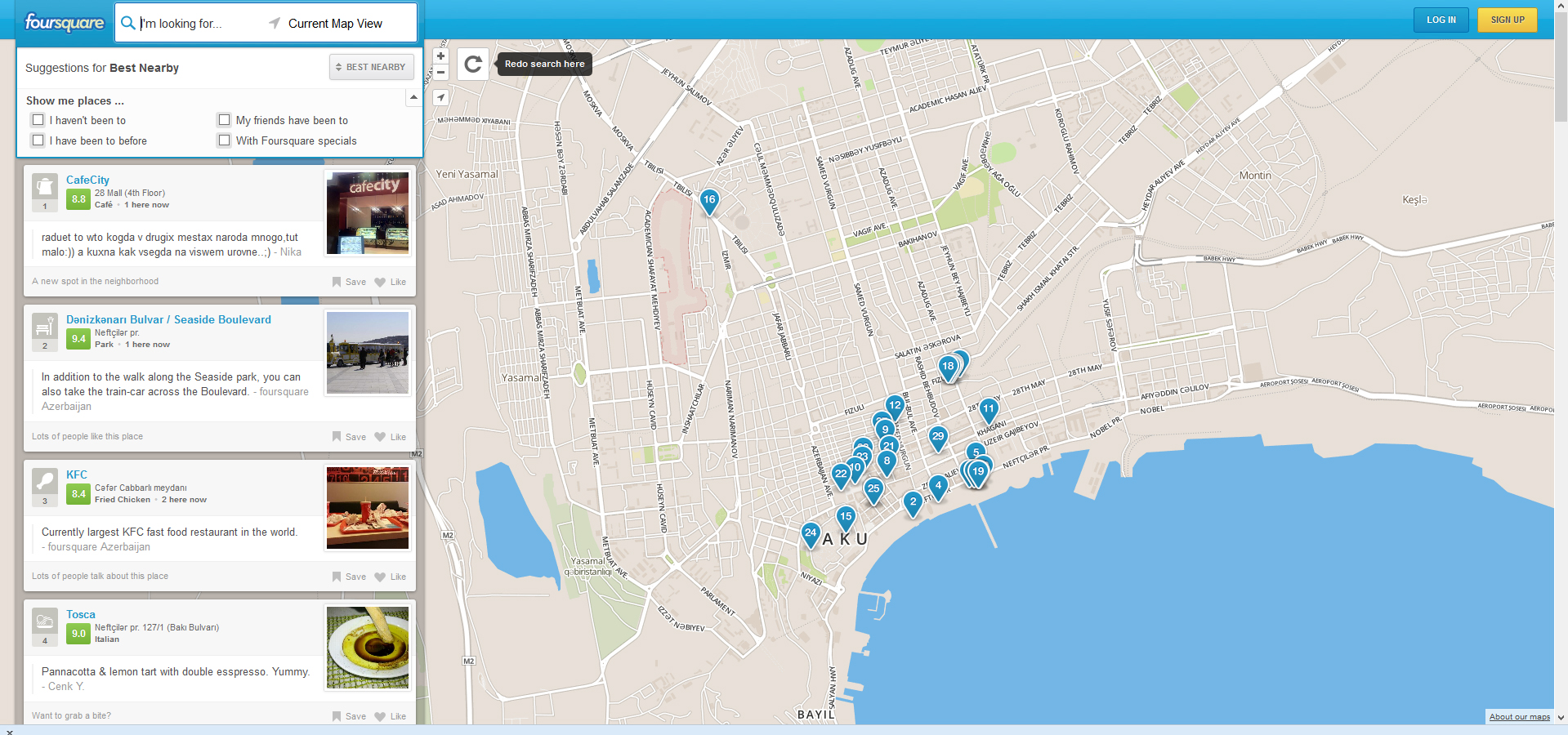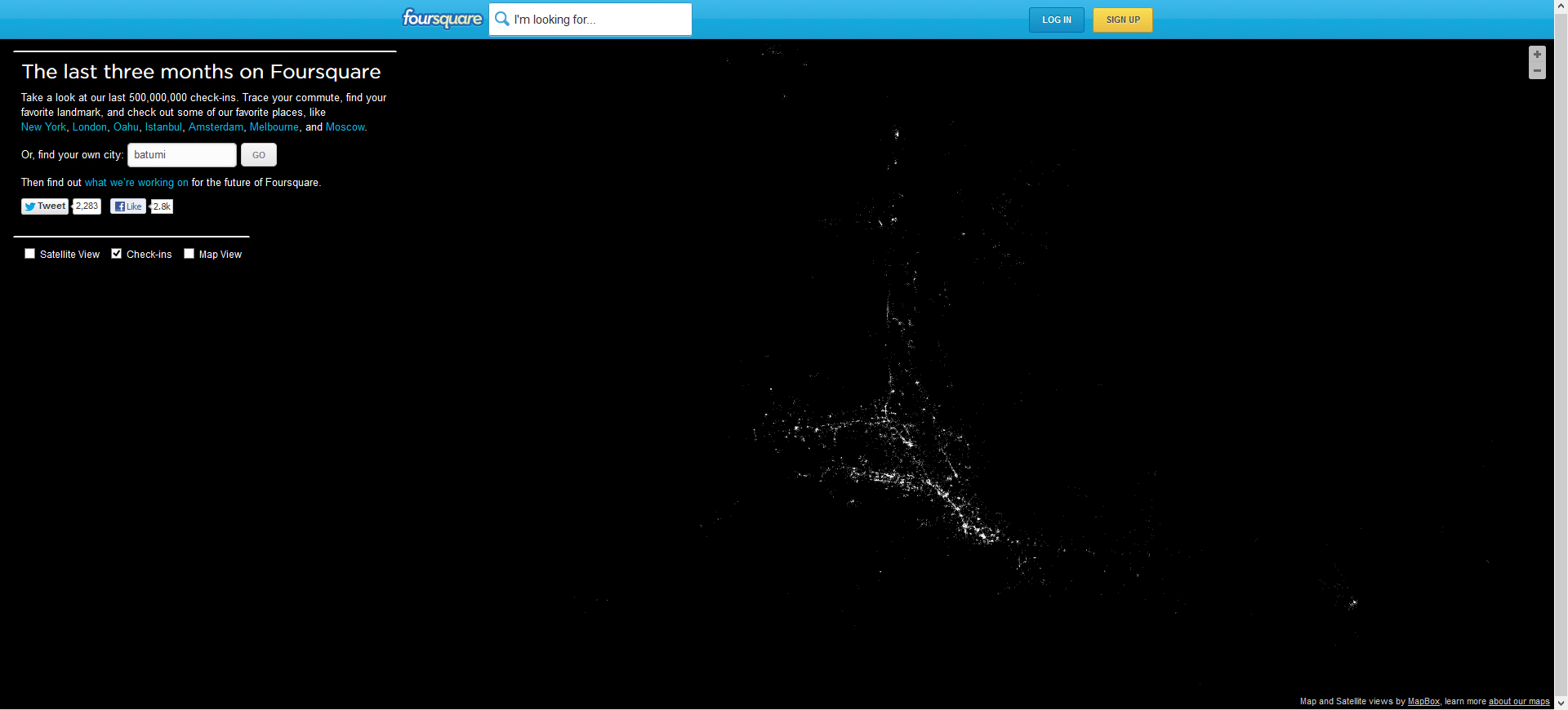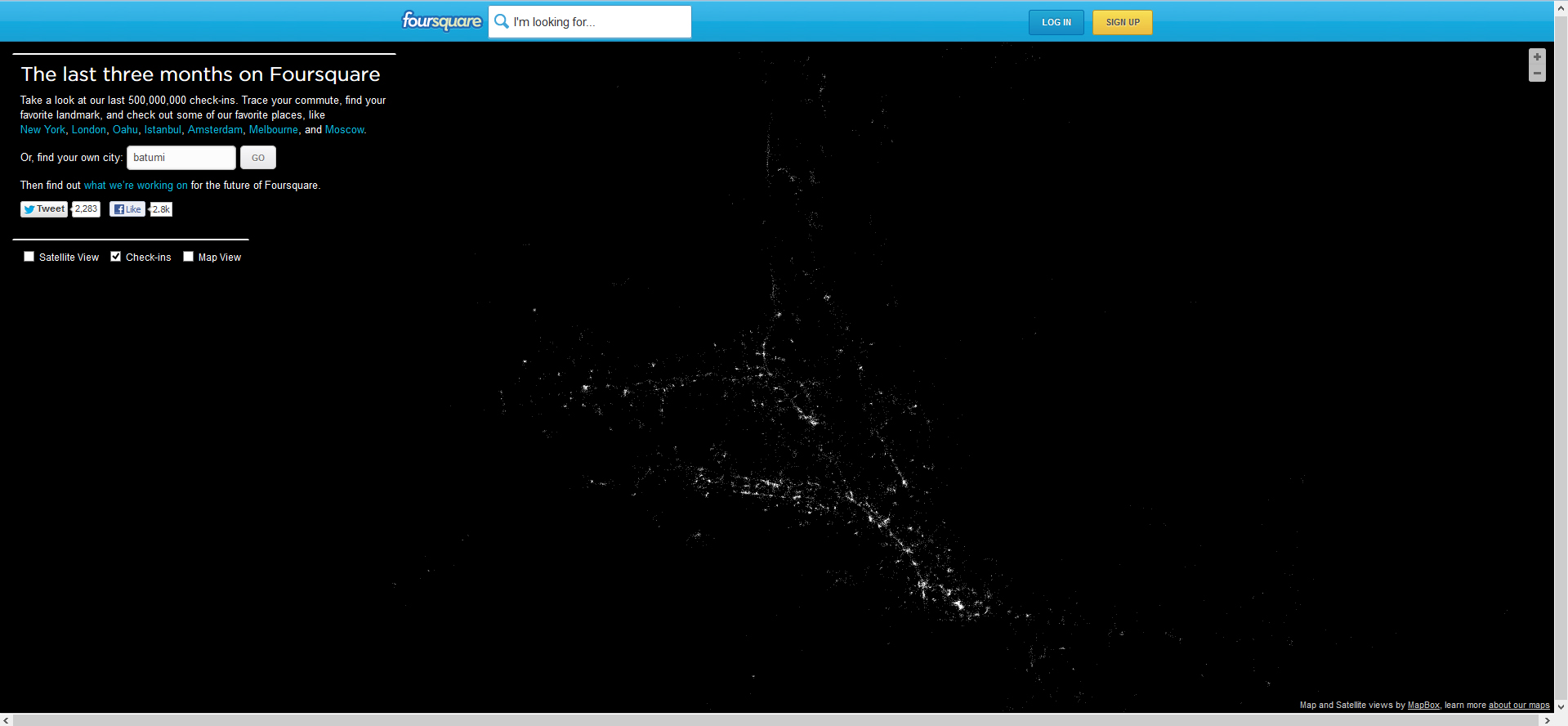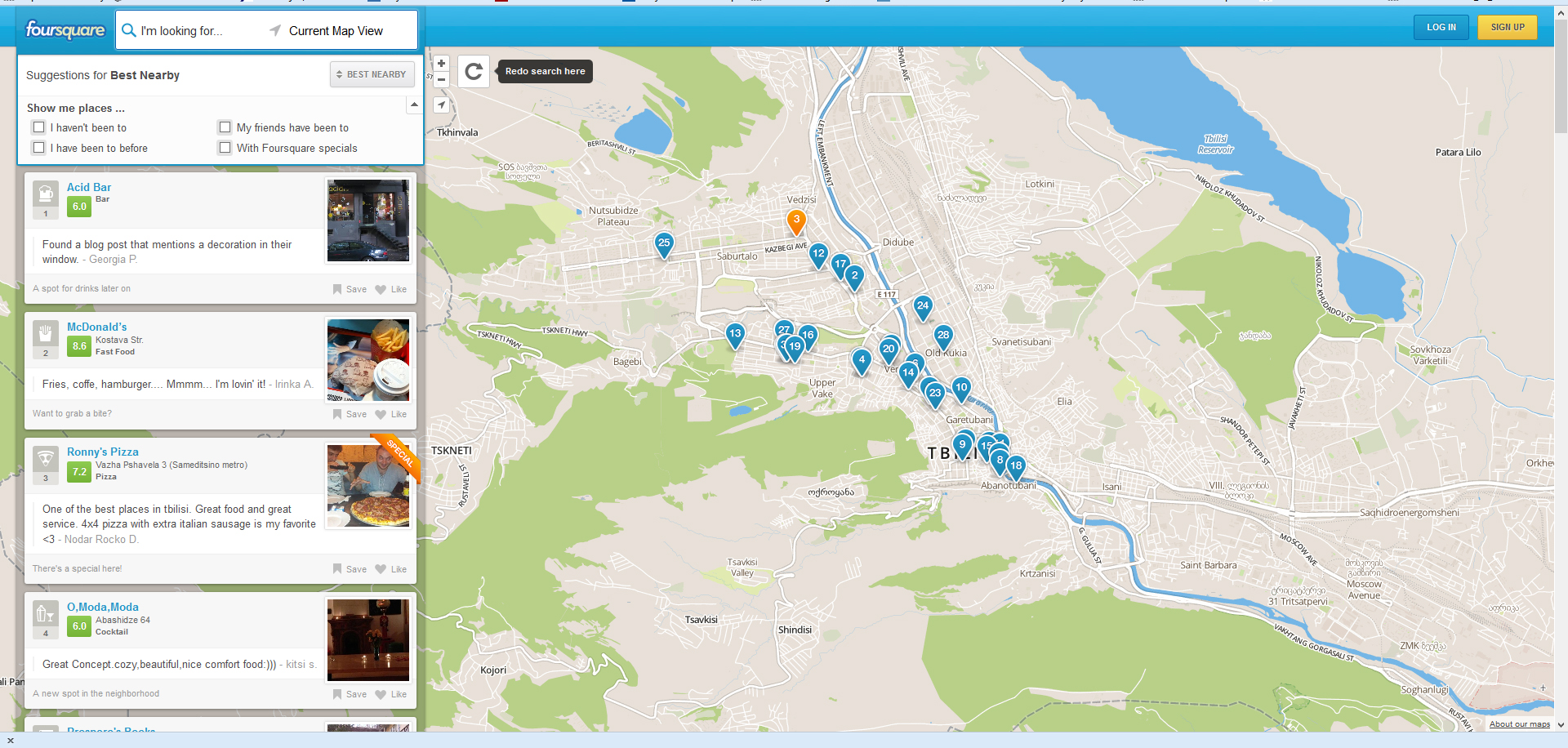It is now 4pm in Yerevan, 5am in Seattle and I awoke to the #armvote13 hashtag having been taken over.
#armvote13 was a “nice” hashtag for tweeple living in or interested in Armenia to discuss an election. It was really a democratic spirit. (Here are the analyses that I conducted over the past day or so on this hashtag.)
I woke up, saw that something had happened, ran a new analysis and see now that there are 2 groups – Armenians and Azerbaijanis. And the Azerbaijanis in group 2 have hashtags where they tweet about khojaly and ireli.
Hey guys, use Twitter for whatever you want, but I am VERY SAD that this group of Azerbaijanis chose to intrude upon this effort toward democracy. It makes me wonder about their own attitudes about democracy. This essentially ruined the hashtag for those that were actually trying to do something GOOD. If there was a hashtag for how I am feeling right now, it would be #disappointed.
So, onto the tweets.
Here’s the full report (and as always, you can look at the tweets yourself in excel – click at the bottom of the report).
And here’s the image of the hashtag network.

In the center of the Azerbaijani side is Rauf Mardiyev. He is the chairman of the IRELI public union – a youth NGO that has very strong ties to the ruling party. He is very active on social media.
But I’ve seen this before. The same group of Twitter users were posting duplicate tweets, a few minutes apart, on a different hashtag.
So I did the same “check for duplicates” and then sort by time posted that I did in the previous analysis. And yes, the same pattern emerged – with the same twitter accounts. (Red/pink means a duplicate – some of those are also duplicates but because the URL shortener is different, they didn’t appear red/pink).



See how they’re only a few minutes apart?
Then I sorted by Twitter handle and looked for some of the names that I saw in the last hashtag analysis. And there they were:



So, what do I think of this? I’m disappointed. The #armvote13 hashtag wasn’t something “political” per se – it was a FUNCTIONAL hashtag for people trying to ensure that an election was carried out democratically. Zombie tweeting on that hashtag is just poor taste.
Please let me know if you have any questions.















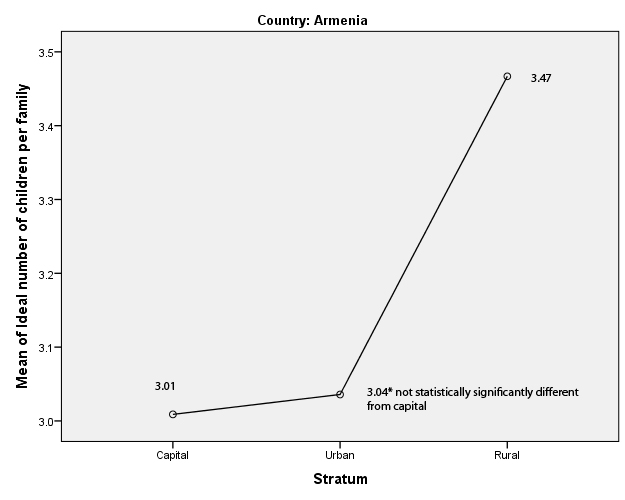
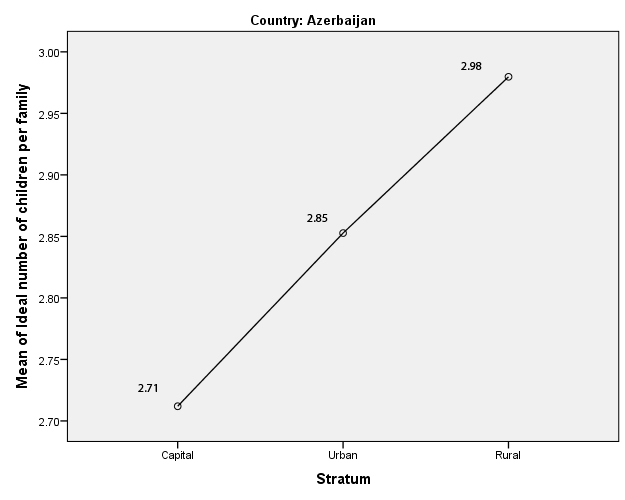
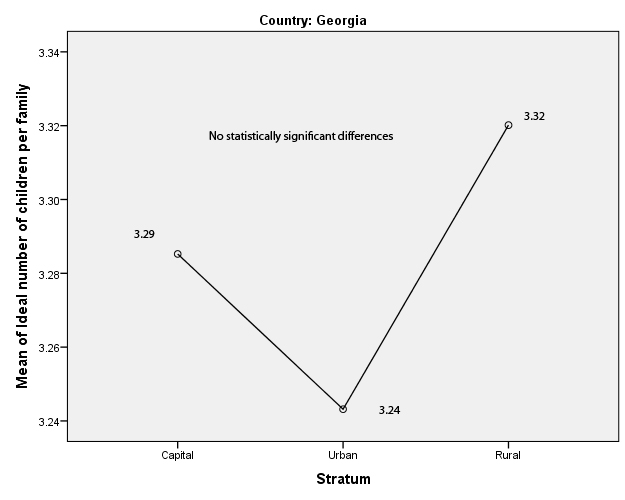
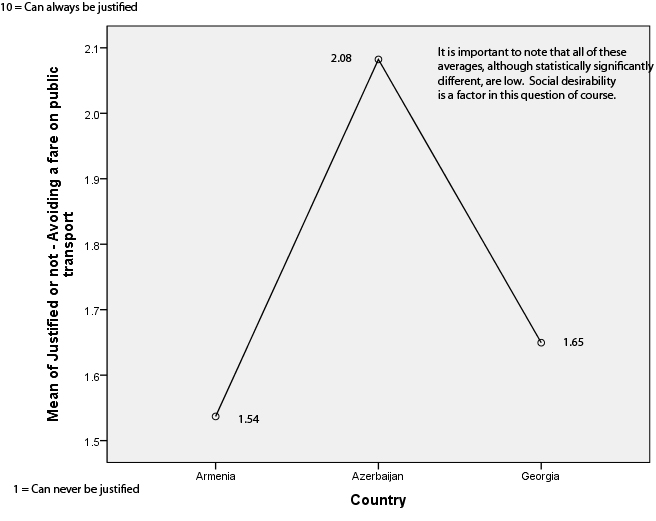
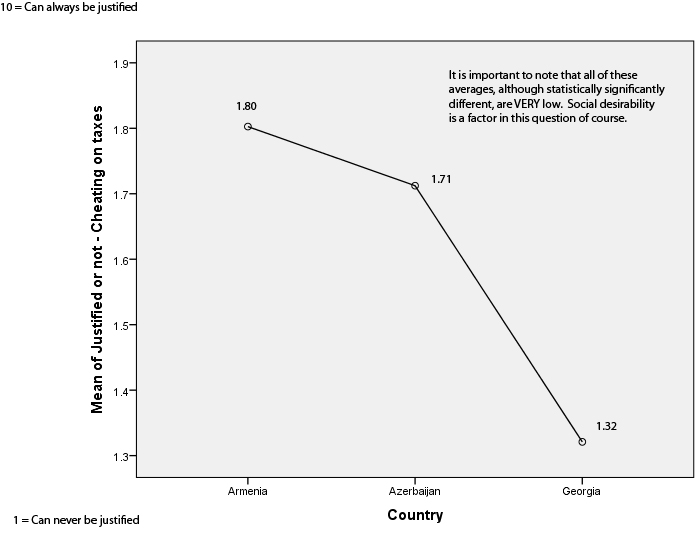 “>
“>
